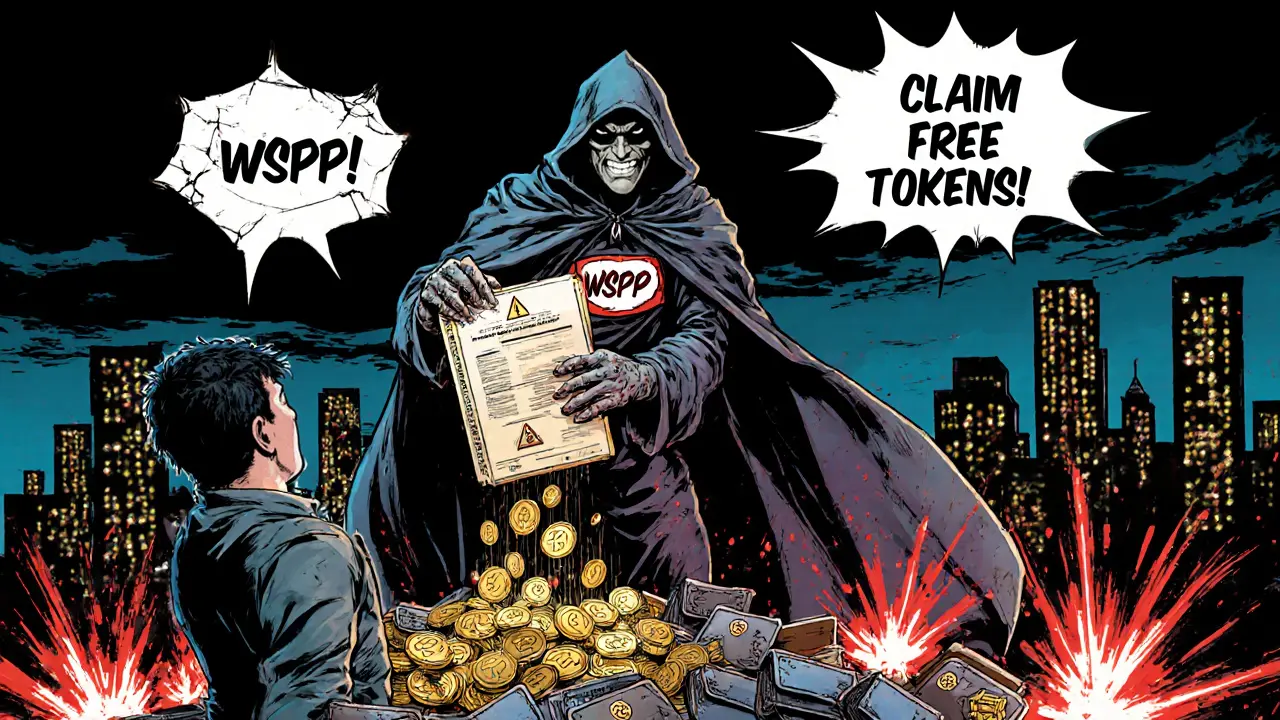When you hear Wolf Safe Poor People, a phrase that sounds like a charitable crypto initiative but is actually a known scam label used by fraudsters to lure low-income users. Also known as poor person crypto traps, it refers to schemes that promise free tokens, guaranteed returns, or exclusive access—targeting people who can least afford to lose money. These aren’t just bad investments. They’re designed to take advantage of trust, desperation, and lack of access to reliable information.
Look at the posts below. You’ll see real cases: Shytoshi Kusama (SHY), a fake token pretending to be tied to Shiba Inu with no team, no utility, and zero backing; Burency Global, a fake exchange with no trading volume, no reviews, and no customer support; and REI token airdrop, a dead project that never existed, but still tricks people into signing up. These aren’t outliers. They’re the same playbook: create urgency, use emotional language like "limited for poor people" or "safe for beginners," then disappear after collecting wallets or private keys.
Scammers know that people who can’t afford to lose $50 are more likely to click on a "free $LEPA airdrop" link or join a Telegram group promising 10x returns. They don’t care if you’re rich or poor—they care if you’re trusting. That’s why every post here exposes the same pattern: fake projects, fake exchanges, fake promises. The real danger isn’t market volatility—it’s being misled by someone who pretends to help you get ahead.
Below you’ll find detailed breakdowns of actual scams, fake airdrops, and risky tokens that target the same vulnerable groups. No fluff. No hype. Just facts: who’s behind it, what’s missing, and how to walk away before you lose anything. This isn’t about getting rich. It’s about not getting robbed.

WSPP (Wolf Safe Poor People) claims to help end poverty through a crypto airdrop, but it's a scam with no real impact, no verified team, and hidden fees that trap investors. Avoid this fake airdrop at all costs.